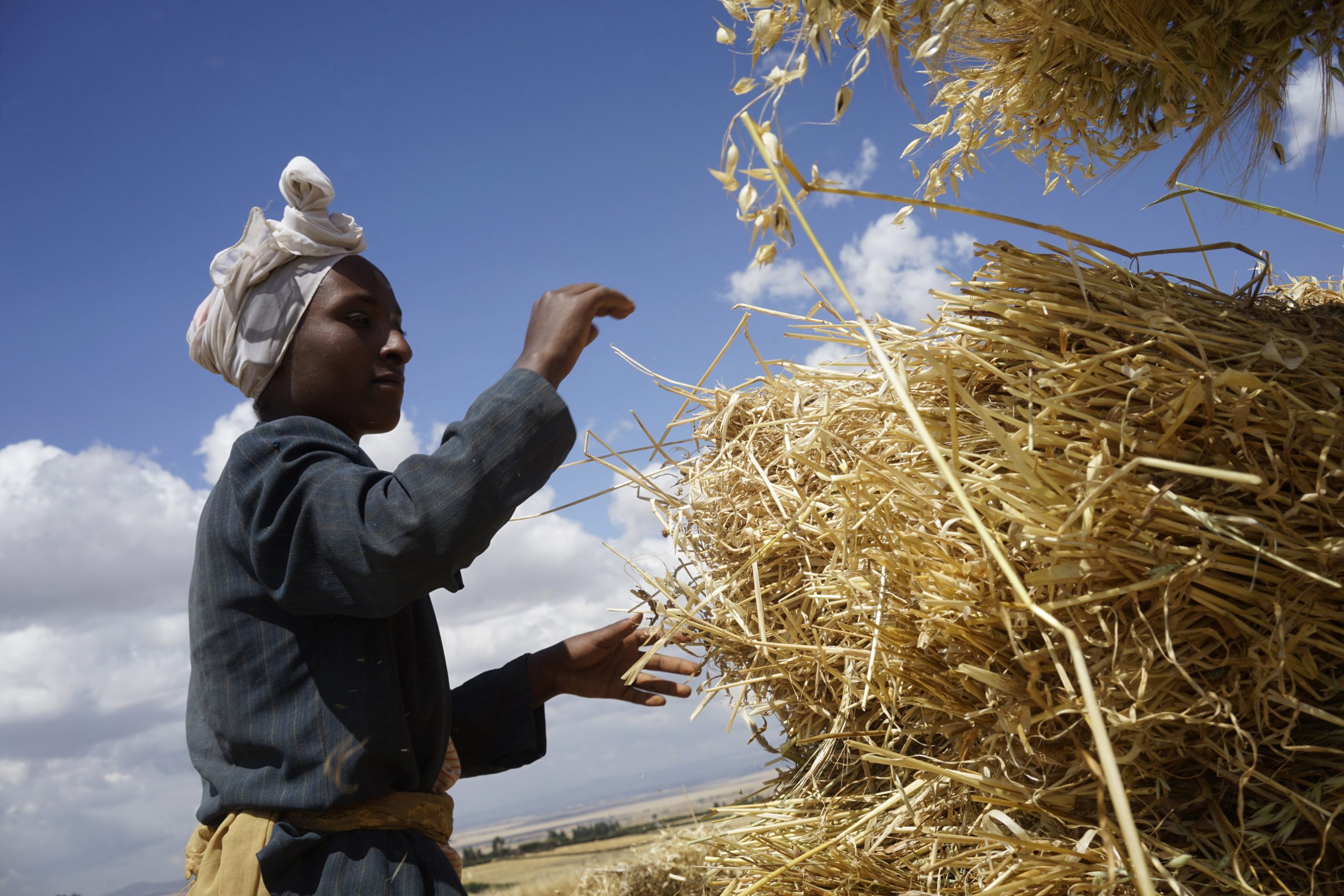While the agrifood systems require to produce more and more food for the growing population, they also need to be adapted to current and projected trends in climatic extremes and variabilities. The agrifood systems, which are responsible for 35% of anthropogenic greenhouse gas (GHG) emissions, should also contribute to reducing future climate change by reducing GHG emissions and increasing carbon sequestration from the atmosphere.
CIMMYT works to deepen our understanding of challenges imposed by climate change across agrifood systems and develop effective solutions to address them. The “food systems-climate change scientists” of CIMMYT are engaged in:
- Co-creating, testing, and promoting a range of climate-smart technologies and practices across food systems for increased production, as well as climate change adaptation and mitigation.
- Generating and forecasting current and future climate scenarios and leveraging digital and analytical capabilities to provide real-time climate information services and agro-advisories.
- Promoting climate solutions targeting gender, youth, and vulnerable communities by strengthening public (NARES) and private partners and empowering them for climate action.
- Scaling low-emission climate-smart technologies through innovative finance and business models such as corporate social responsibilities, payment for ecosystem services, and carbon market including the development of measurement, reporting and verification (MRV) systems for such technologies.
- Engaging with policymakers, regional bodies, and global development partners for climate-informed policy and institutional development to ensure global, regional, and national efforts align with local context and priority.
